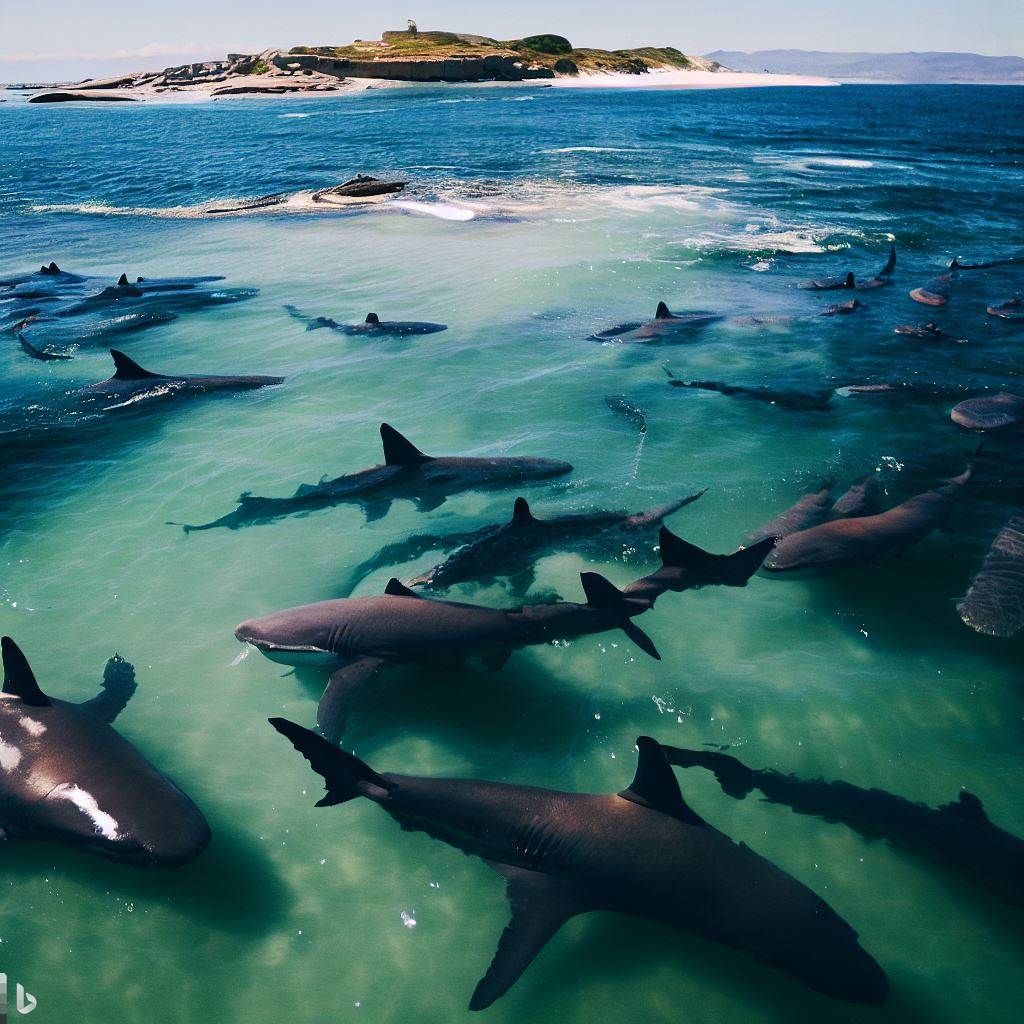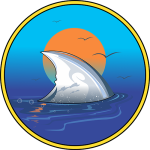
South Africa’s coastal waters are home to one of the most iconic and fearsome creatures of the ocean, the Great White Shark. Among the various regions where these magnificent predators can be found, Seal Island stands out as a crucial location for sustaining and studying the Great White Shark population. This article will delve into the importance of Seal Island in South Africa and its vital role in supporting the survival and behavior of these awe-inspiring apex predators.
Abundant Seal Colony
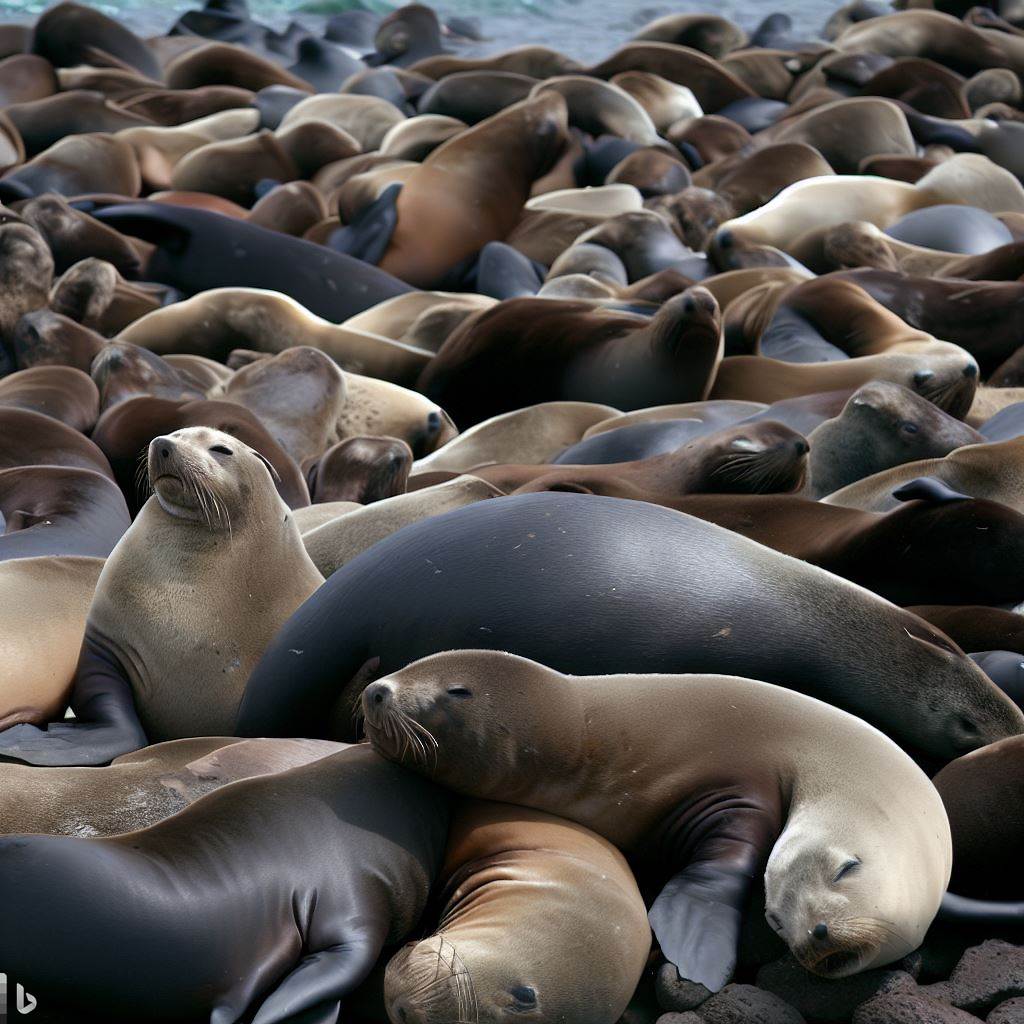
Seal Island, located near False Bay in South Africa, boasts a thriving colony of Cape fur seals. The island provides an ideal habitat for these seals to breed, rest, and seek refuge from their main predator—the Great White Shark. The large population of seals forms a significant food source for the sharks, acting as a vital link in their ecological chain. The abundance of seals in proximity to Seal Island makes it a prime hunting ground for the Great Whites, attracting them to the area.
Natural Predatory Behavior
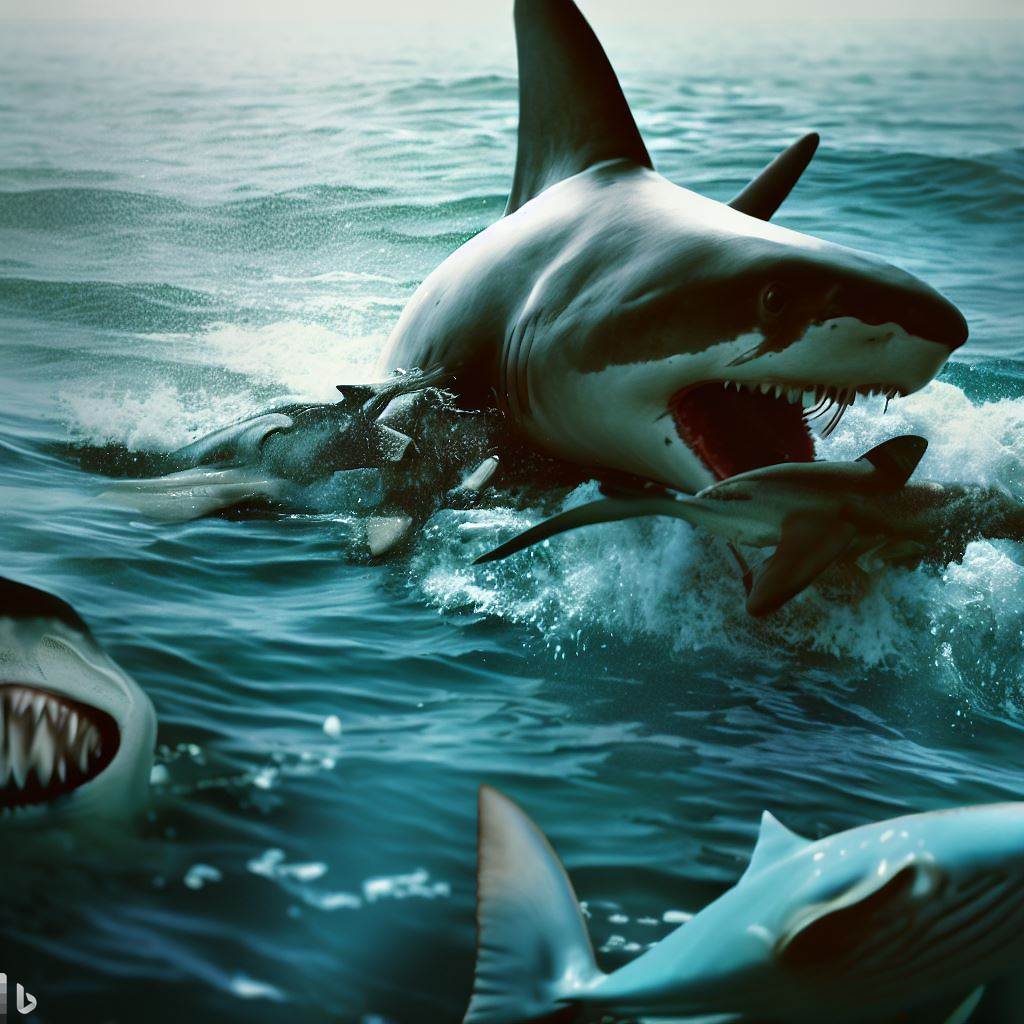
The Great White Shark is an apex predator that relies on a diverse diet to survive. Seal Island offers a unique opportunity for researchers and enthusiasts to witness the natural predatory behavior of these sharks. The seals navigate through the treacherous waters surrounding the island, creating a fascinating spectacle of stealth, speed, and precision as the Great Whites hunt their prey. This dynamic interaction between predator and prey is essential for studying the hunting techniques, feeding patterns, and social behaviors of these remarkable sharks.
Research and Conservation Efforts
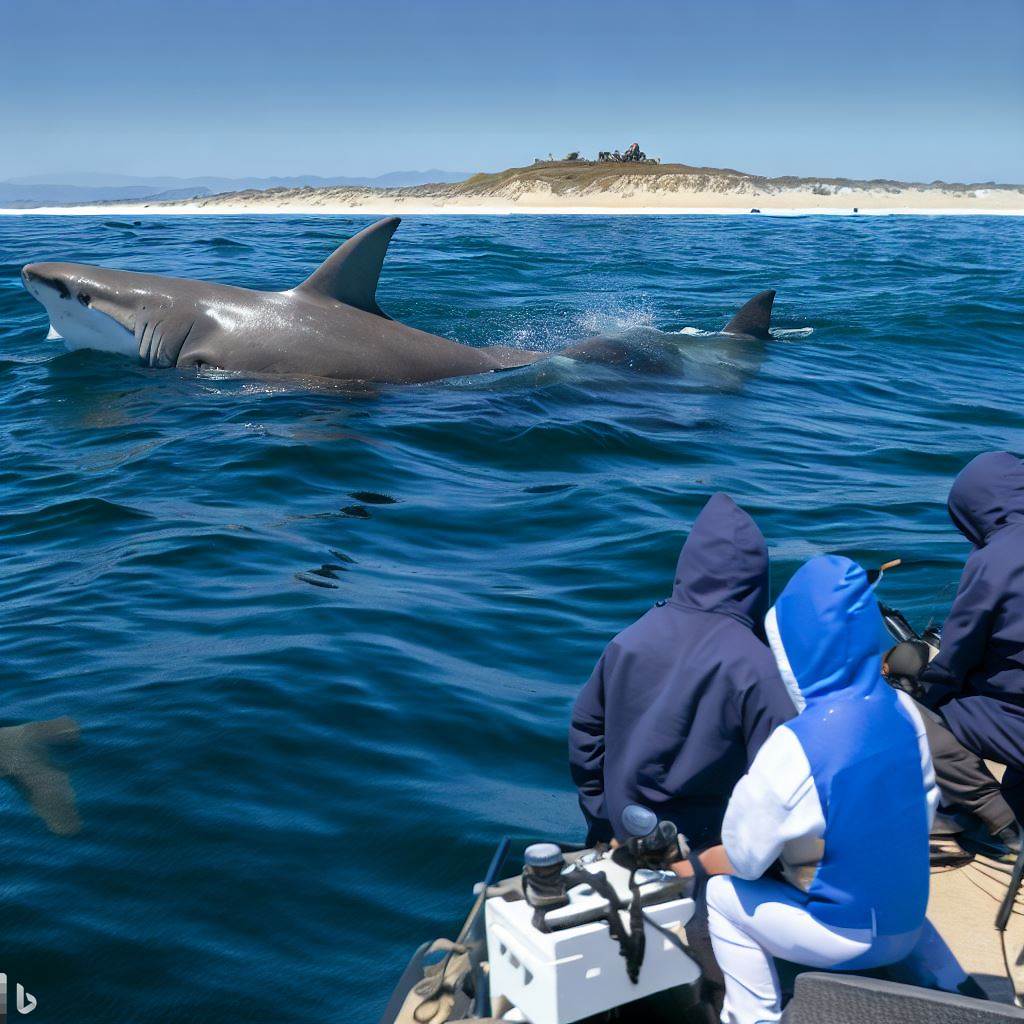
Seal Island’s significance extends beyond providing a dramatic display of natural predation. The island has become a hub for research and conservation efforts focused on the Great White Shark population. Scientists and marine biologists utilize Seal Island as a living laboratory to study the behavior, migratory patterns, and population dynamics of these apex predators. These studies help deepen our understanding of these elusive creatures and inform conservation strategies aimed at protecting their future.
Educational and Ecotourism Opportunities

Seal Island’s prominence in the Great White Shark ecosystem has also given rise to unique educational and ecotourism opportunities. Visitors from around the world travel to South Africa to witness these majestic creatures in their natural habitat. Responsible shark cage diving operations provide an up-close encounter with Great Whites while prioritizing the well-being of both sharks and humans. Such experiences foster a sense of awe and respect for these apex predators, promoting the importance of marine conservation and ecosystem preservation.
Despite its importance, Seal Island and the Great White Shark population face several conservation challenges. Overfishing, habitat degradation, and climate change can disrupt the balance of this delicate ecosystem. Efforts are being made to raise awareness, promote sustainable fishing practices, and protect critical habitats to ensure the long-term survival of both the sharks and the seals.
Seal Island in South Africa plays a vital role in supporting the Great White Shark population by providing a thriving seal colony and a unique opportunity to study their natural predatory behavior. Through research, conservation efforts, and responsible ecotourism, Seal Island acts as a beacon for understanding and preserving these apex predators. As we continue to strive for a harmonious coexistence with our marine environment, the importance of Seal Island and its inhabitants serves as a poignant reminder of the interconnectedness of all life forms within our oceans.


